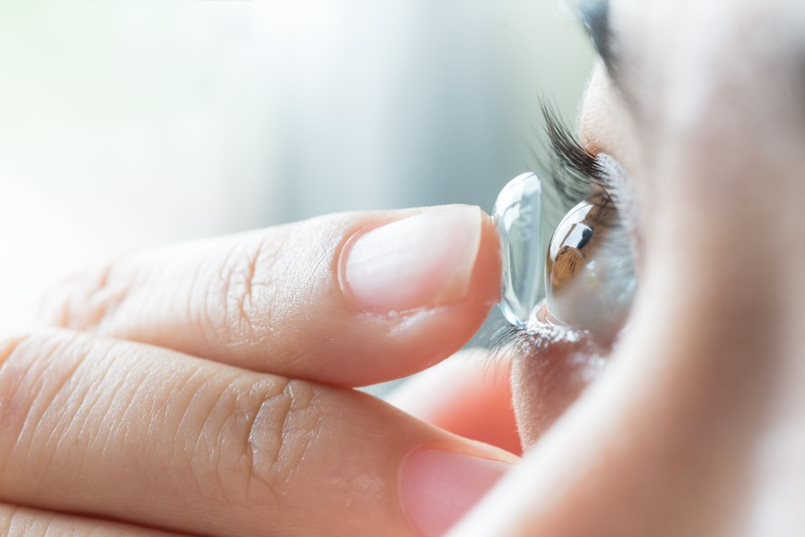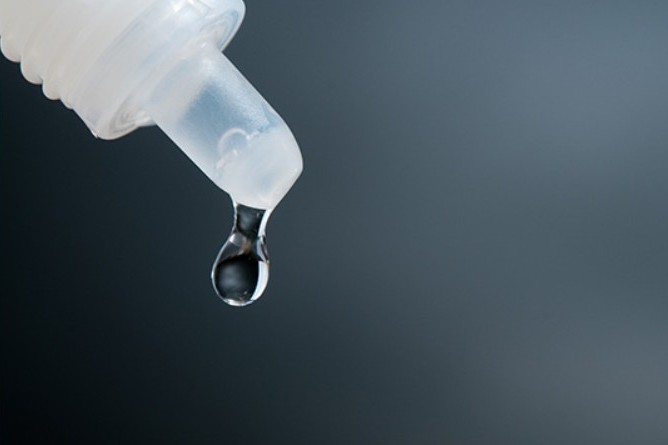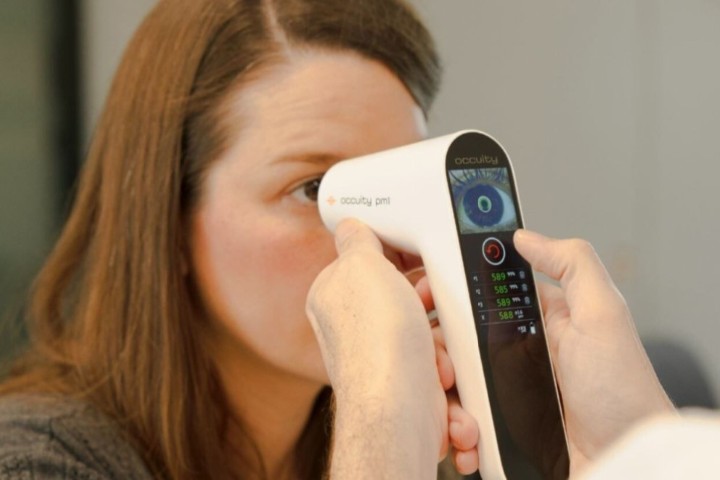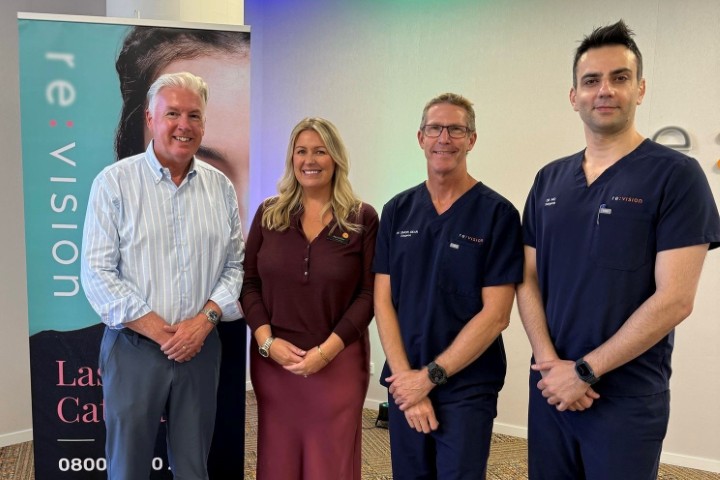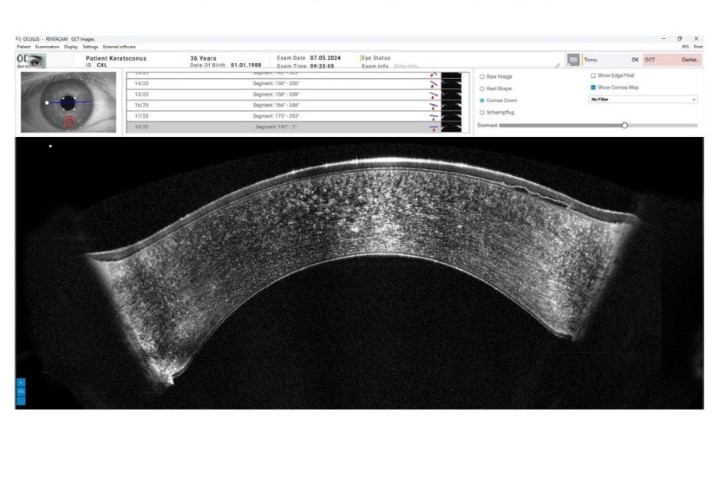Drug-releasing bandage CL?
A University of Waterloo team has developed a new contact lens material which could accelerate corneal wound healing by releasing drugs in proportion to wound severity.
Professor Lyndon Jones, a director of Waterloo’s Centre for Ocular Research & Education (CORE), described the lens material as a potential game changer. “The more injured you are, the more drug gets delivered.”
Prof Jones’ team worked with chemical engineers looking at collagen-based materials. The combined team transformed the collagen derivative gelatin methacrylate into a biomaterial 10 times stronger. Collagen-based materials degrade when exposed to matrix metalloproteinase-9, which is naturally found in the eye, said team member Dr Chau-Minh Phan. “If you have a material that can be degraded in the presence of this enzyme and we add a drug to this, we can engineer it to release the drug proportional to the level of enzymes present at the wound. So, the bigger the wound, the higher the amount of drug released.”
Using bovine lactoferrin as a model wound-healing drug in a human cell culture study, researchers achieved complete wound healing in five days using the novel contact lens material. The material only becomes activated at eye temperatures, providing an inbuilt storage mechanism, they said, adding it also has potential applications beyond the eye, especially for large skin ulcers.








